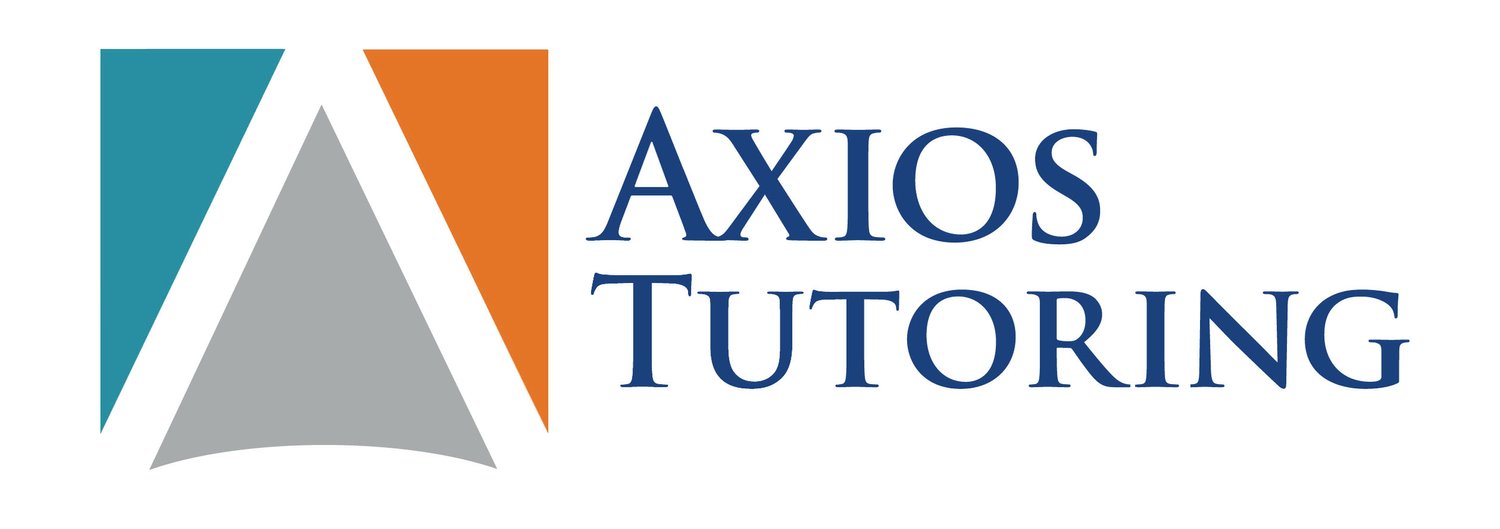Getting Ready for College Interviews
The thought of meeting and sitting down to talk to an admissions office or school alumni about why you are interested in and believe you are a good fit for a particular school is daunting. How you respond and conduct yourself can be the determinant in whether or not you will be accepted. It can also be a factor in the school’s awarding you scholarship money.
It is important that you be prepared. Mock interviews with an adult are a good way to help you get comfortable with the type of questions you may be asked. Preparing for the interview not only removes the angst of having to think on the spot, but also gives you the opportunity to frame your answers so that your responses come across genuine, unrehearsed and realistic.
Before the interview, do your research about the school and try to learn something about the person whom you are meeting.
Most interviews go through the following phases:
Ice Breaker Phase – This is a time for both parties to introduce themselves. If this is part of a college visit, you will certainly be asked about your impressions so far.
First impressions have a lasting impact. Casual business attire is most appropriate. If you look good, you feel good and that shows. If there is more than one person in the room, acknowledge all. Give a firm hand shake, smile, have eye contact with all parties and be courteous. No chewing gum during the interview (yes, I am old school).
Discovery Phase – This is a time for the interviewer to learn about you. Expect to be asked about your strengths, weaknesses, successes, failures, extracurricular activities, what seminal events have shaped who you are, meaningful relationships, goals you have for the short and long term.
Remember that the interviewer has reviewed your college application so you do not want to simply repeat verbatim what you had written about in your essays. Tell the party some additional aspects about you that were not contained in your application and situate them in context.
Mining Phase – What you have shared in the second phase now leads into more in-depth probing. The following are examples of what you may be asked: Why do want to major in a particular field? Why do you want to attend our school? What other options are you exploring? And do not be surprised by some unexpected curveball questions: If you were a tree, what kind would it be? What problem would you like to solve? When were you your creative best?
For these unexpected questions, there isn’t a right or wrong answer. And there is no way to practice for them. What is most important is your presence of mind.
Closing Phase – This is your opportunity to ask questions before exiting.
You want to ask questions that show you are genuinely interested in studying at that particular university and that clearly illustrate that you are curious about particular aspects of the institute and program that were not readily available from the school’s website or from its students with whom you have talked.

